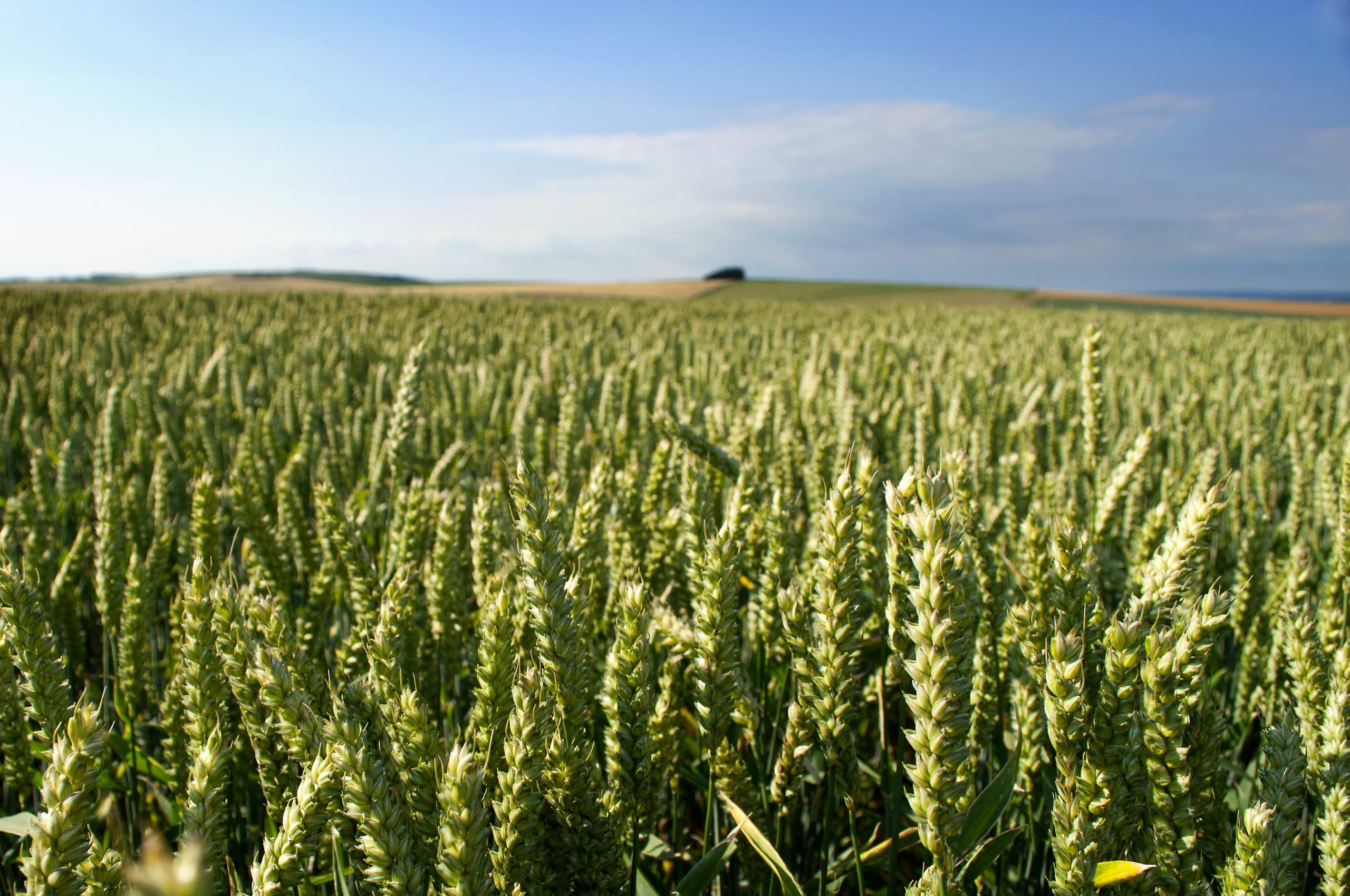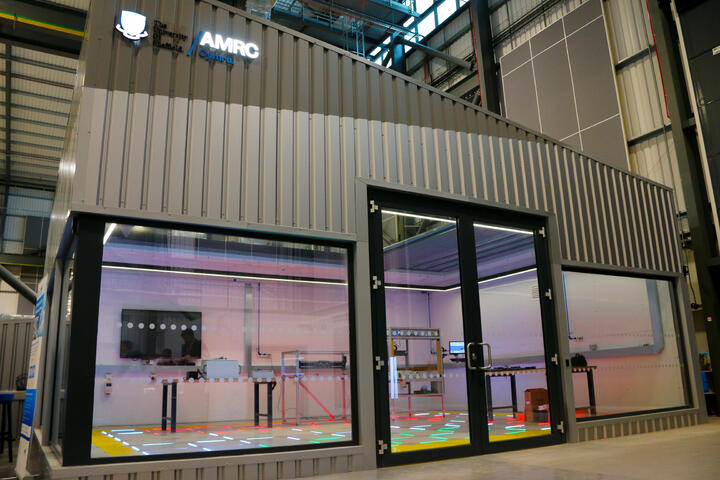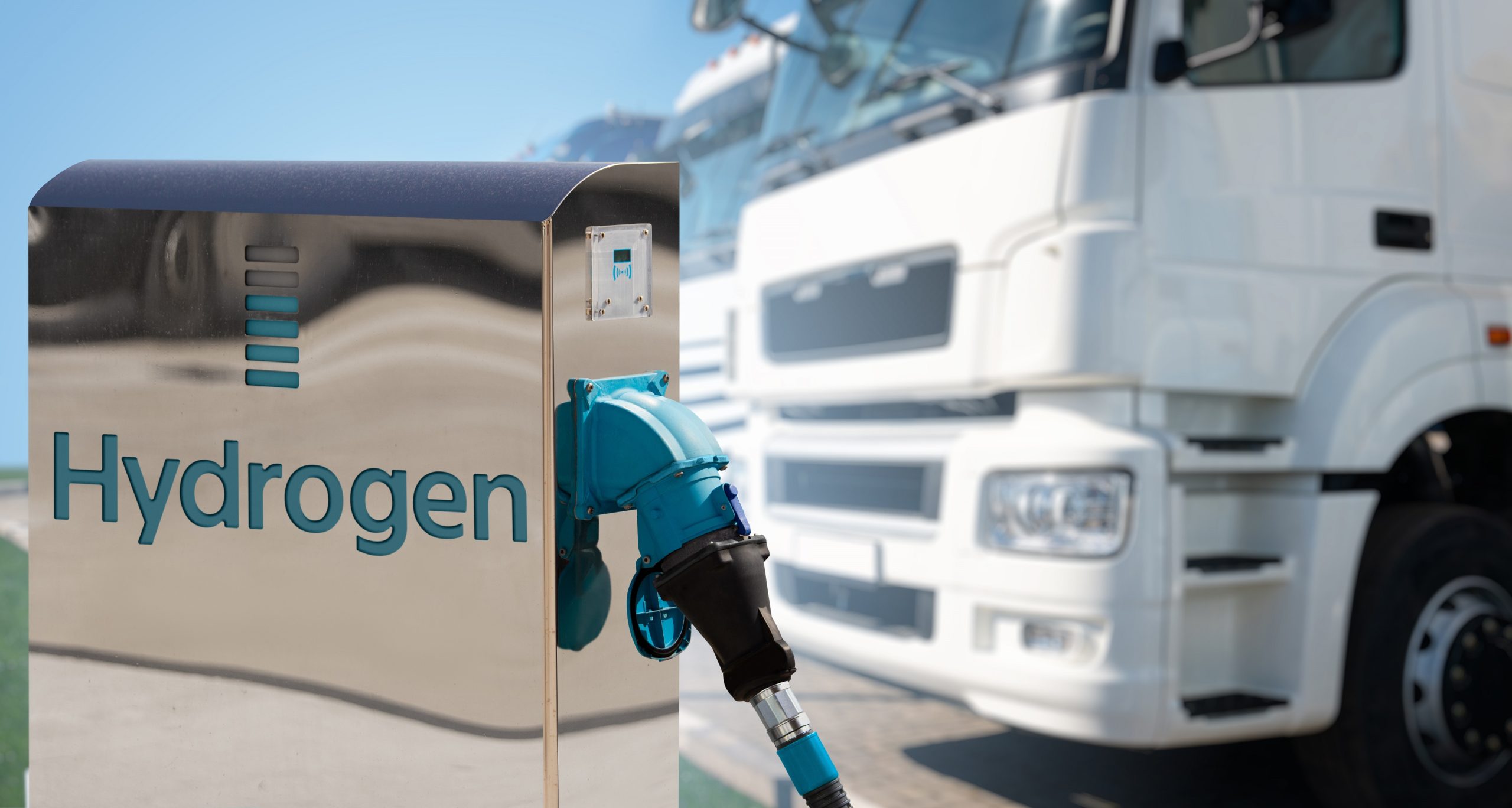How Agriculture has a Part to Play in Decarbonisation

A global fertiliser giant is committing to decarbonising energy consumption by expanding its portfolio of clean ammonia projects.
Yara, the world’s leading crop nutrition company, this month signed an official cooperation agreement with VNG, a German-based gas conglomerate dedicated to decarbonising their business by 2030.
The collaboration will fortify VNG’s efforts to replace natural gas with renewable gases such as hydrogen, in line with the German Hydrogen Strategy.
A first step towards a supply agreement between Yara and VNG, the partnership can enable future projects to use clean ammonia as a hydrogen carrier in the German market.
In supplying VNG with clean ammonia, Yara will be utilising the current hydrogen infrastructure in Rostock, Germany, potentially leading to its further development.
Our common objective is to empower the decarbonisation in East Germany, especially in the industrial sector.
Both parties are keen to accelerate the advancement of Rostock as a hub for clean ammonia imports. This is in line with the ongoing work to expand capacity and encourage industry involvement in a project dubbed ‘Green Port Rostock’.
Ulf Heitmüller, CEO of VNG, said: “We are happy about the commitment with YARA to explore opportunities for a cooperation in clean ammonia.”
Yara Clean Ammonia President Magnus Ankarstrand agreed: “We see the collaboration with VNG as a very important step to help develop the low carbon hydrogen value chains in Germany.”
Yara and the Yuri Project
This venture represents the latest in Yara’s efforts towards decarbonisation, having previously partnered with utilities company ENGIE, and investment and trading company Mitsui on the Yuri Project.
The green hydrogen project is currently under construction in the Pilbara region of Western Australia, and is set to supply green ammonia as feedstock to Yara upon completion of the plant in 2024.
Producing up to 640 tonnes of green hydrogen a year, the facility will house a 10MW electrolyser powered by 18MW from a field of solar photovoltaic panels, supported by an 8MW battery energy storage system.
The zero-carbon feedstock, which is combined with nitrogen, will then supply Yara’s existing ammonia operations in Karratha.
Ammonia fertilisers work by binding with airborne nitrogen, which is one of the most important nutrients for crop growth.
Yara’s ammonia plant currently uses hydrogen produced using Steam Methane Reforming technology, though this creates carbon monoxide and carbon dioxide as by-products.
Today, the production of ammonia for fertiliser accounts for 0.8% of global greenhouse gas emissions.
By participating in the Yuri Project, Yara can ensure that their ammonia production process generates zero carbon emissions.
It is estimated the 6592 tonnes of CO2 per year will be avoided when the Yuri project is in operation.
The project aims to also demonstrate the business case for renewable hydrogen and advance the renewable hydrogen and ammonia industry in Australia.
With one of the largest renewable powered electrolysers in the world, the project will also be important in piloting renewable hydrogen projects from conceptual plans to functioning facilities with industrial implementation.
Costing approximately $87.1 million, the Yuri project is supported primarily by a $47.5 million AUD grant from the Australian Government’s ARENA Renewable Hydrogen Deployment Fund.
“We value this support from the government which provides further validation of the Yuri project as a credible early mover in the development of renewable hydrogen opportunities,” Mr Ankarstrand said in 2022, following the final investment decision on the project.”
He added: “Yara brings to the project extensive operational experience in Australia and our company’s global leadership in developing a clean ammonia market for diverse application such as carbon-free food production, low-emission fuel for shipping and power, and ammonia for industrial applications.”
Following the development of the Yuri Project, Yara Pilbara Fertilizers ammonia plant was recognised under Australia’s Smart Energy Council Zero Carbon Certification Scheme.

